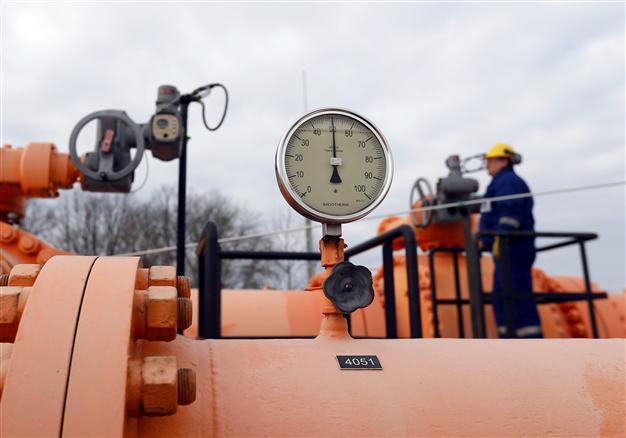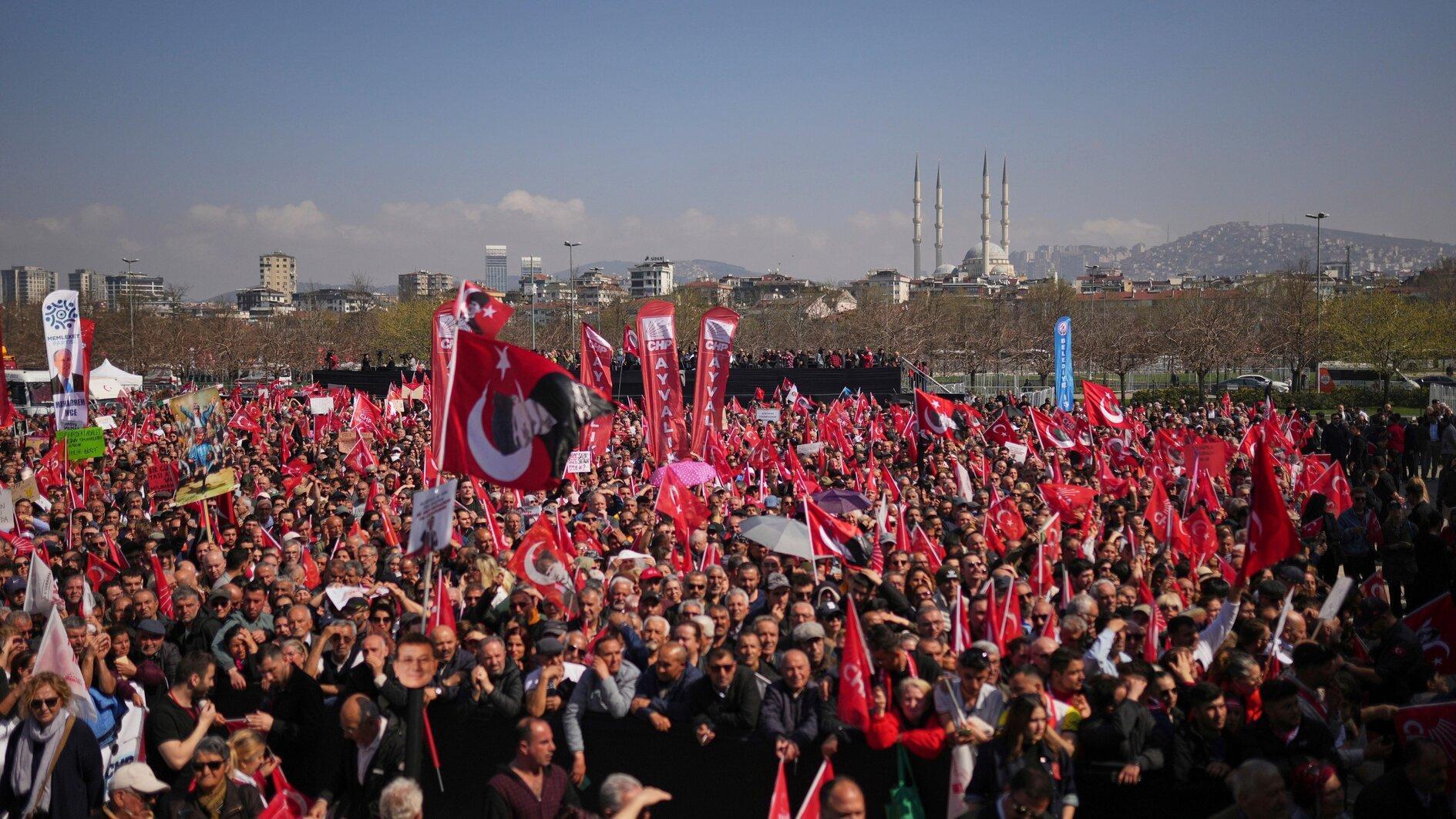Russia's Gazprom 'unstable partner': Turkmen official
ASHGABAT - Agence France-Presse

REUTERS Photo
An article published on the website of Turkmenistan's oil and gas ministry Monday attacked Russia's energy giant Gazprom, calling the company an unreliable partner for the reclusive Central Asian state.The article by the state-run Turkmen Institute of Oil and Gas comes shortly after Gazprom's announcement it would be cutting gas imports from the secretive republic by nearly two-thirds, and Turkmenistan's 19 percent devaluation at the New Year of its national currency, the manat.
"Gazprom and its affiliates periodically violate agreements at interstate, intergovernmental and interdepartmental level, leading to the view that unfortunately the major energy company is an unstable partner," the article stated.
Gazprom's vice chairman Alexander Medvedev said this month that the decision to reduce imports from Turkmenistan and neighbouring Uzbekistan in 2015 was based on the company's own growing production capacity.
Since a mysterious pipeline explosion in 2009, Russia has imported roughly 10 billion cubic metres of natural gas from Turkmenistan annually, but this figure will now drop to 4 bcm, Medvedev said.
Before the explosion, which some industry experts credited to a dispute over prices, Gazprom imported as much as 45 bcm from Turkmenistan annually, most of which was re-exported at a profit to Europe via Ukraine.
Turkmenistan has the world's fourth largest known reserves of natural gas but limited export infrastructure and few reliable partners. Up to 90 percent of the country's exports are hydrocarbons.
The main importer of Turkmen gas is China, which now imports 35 bcm annually from the republic with that figure expected to rise to 65 bcm by 2020.
In addition to China and Russia, Turkmenistan also exports up to 10 bcm of natural gas to fellow producer Iran.
At the beginning of the month, state media reported Turkmen President Gurbanguly Berdymukhamedov as saying the government would take anti-crisis measures to deal with depressed hydrocarbon prices, but did not specify what they would be.
















